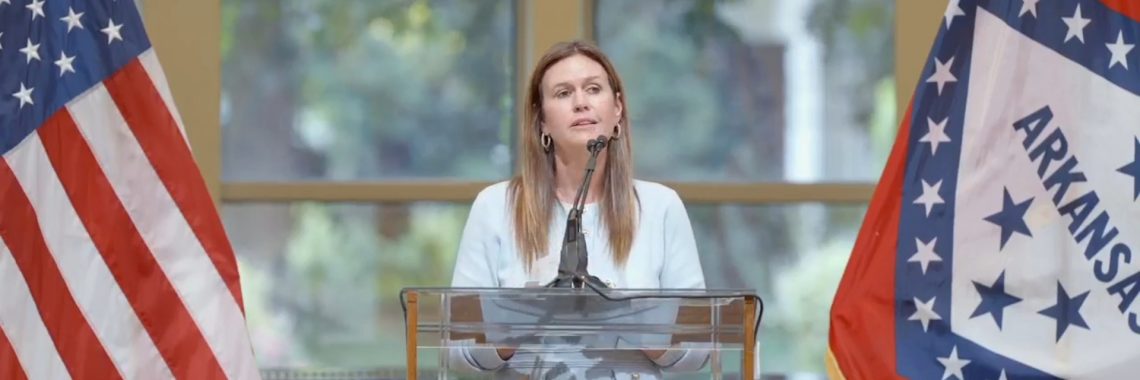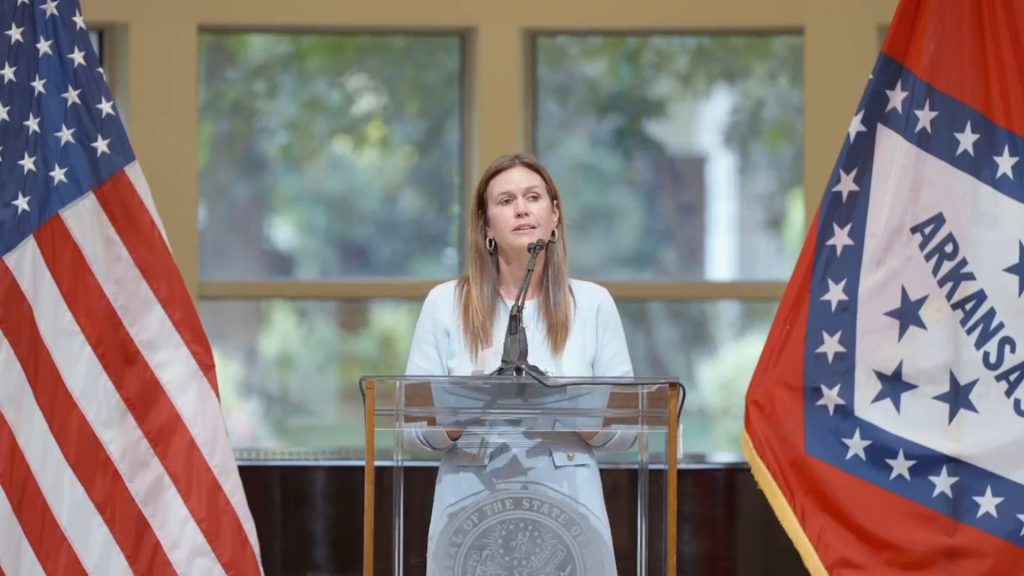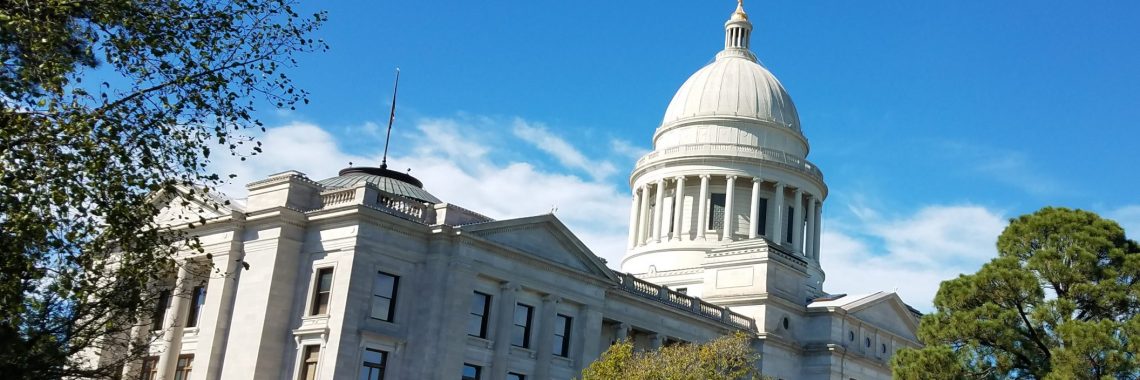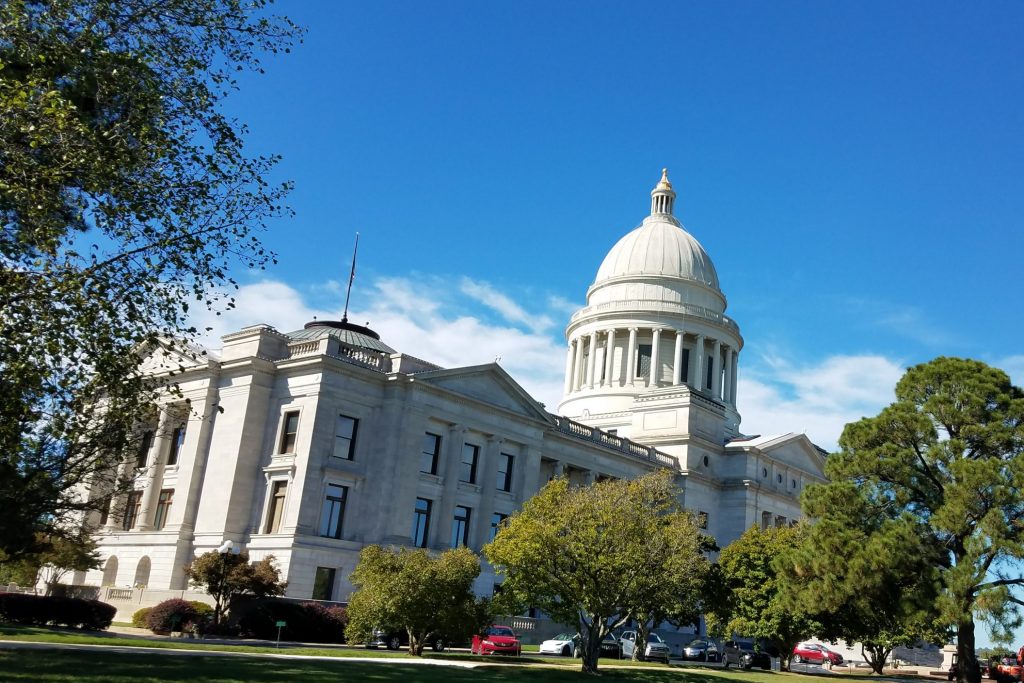See How Bible Education is Changing Public School Students
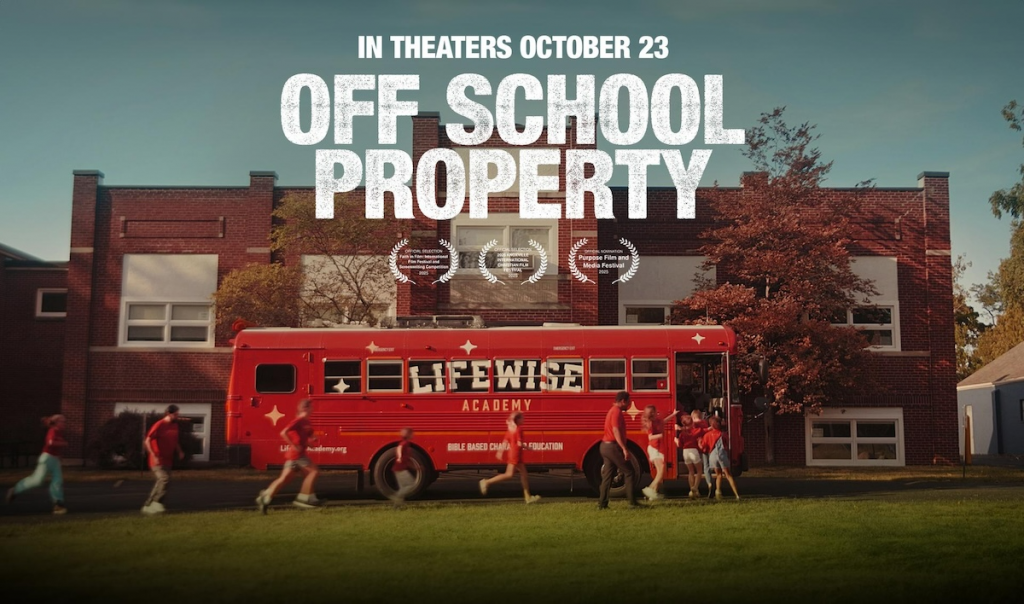
The following is from our friends at LifeWise Academy about a new documentary in theaters next week.
Big news! A powerful new documentary, Off School Property, is coming to theaters nationwide on October 23. This one-night-only film is shining a light on a national movement that’s bringing Bible education to public school students—during the school day.
You’ll be inspired by the story of LifeWise Academy, a ministry equipping local communities to bring the gospel to students through a constitutional released time program.
You can experience this story in two ways:
- Attend a showing – Find a theater near you and secure your tickets at lifewise.org/offschoolproperty.
- Host a showing – Can’t find a theater near you? Use the Faith Content Network to bring the film to your community: faithcontentnetwork.com/movies-host/off-school-property
Don’t miss this encouraging story of faith, perseverance, and impact. See how God is moving in public schools across the nation. Together, we can spread the word about how students can study the Bible during the school day—legally and effectively.


